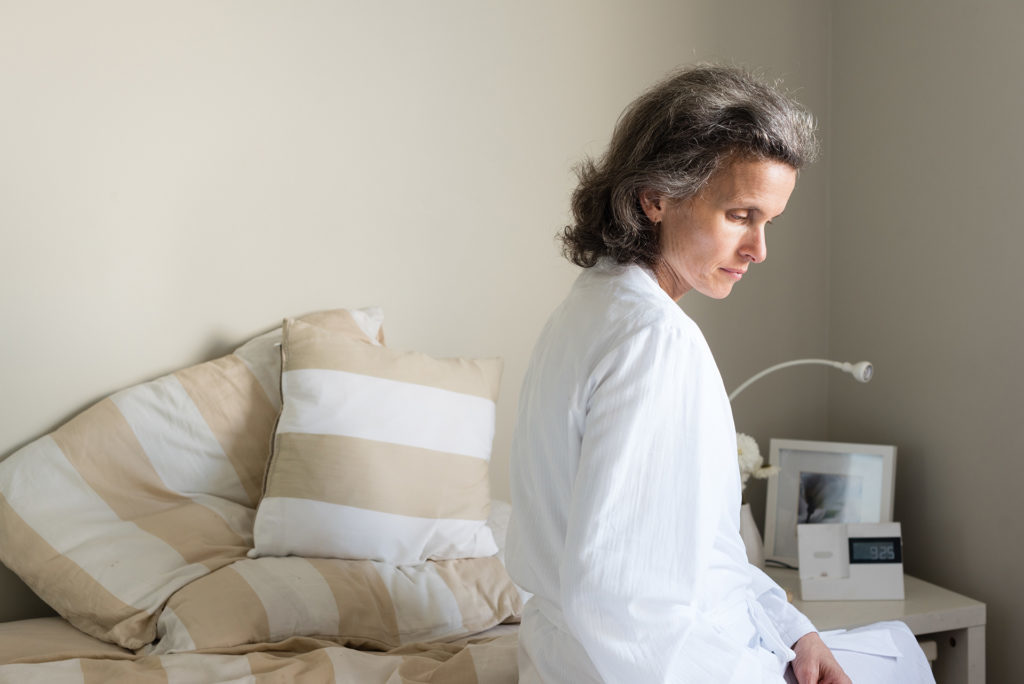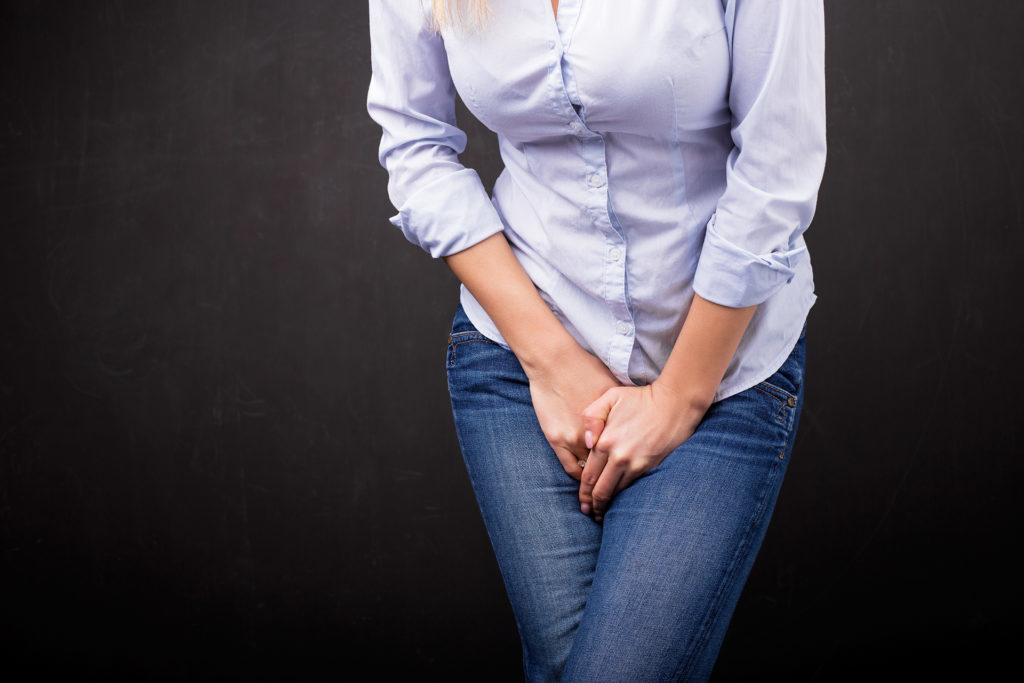Let’s Talk About Sex . . . And The Menopause

By Consultant gynaecologist Miss Tania Adib from The Medical Chambers Kensington
1 I’ve always enjoyed sex but I’m worried that will change after menopause. What changes should I expect?
With menopause, the ovaries stop making oestrogen, which can cause your vagina to become dry and less elastic or ‘stretchy’. For many women, low doses of vaginal oestrogen therapy can help keep the lining of your vagina healthy and can be a useful treatment option. Try not to let the menopause put you off having sex – regular vaginal sexual activity is important for vaginal health post-menopause because it stimulates blood flow, keeping your vaginal muscles toned and maintaining your vagina’s stretchiness.
2 I’ve had vaginal dryness and pain with intercourse since menopause. Is this common? What can I do to ease symptoms and make sex more comfortable?
Research led by women’s intimate health specialists, MonaLisa Touch®, reveals many women are worried about the long-term impact vaginal dryness could have on their relationship, with half of women reporting to have less sex because of the condition, and 1 in 4 have stopped altogether due to vaginal pain and discomfort.
It’s important for all women to maintain the quality of life that they had before the menopause and understand that these symptoms can be treated. There are various safe, effective treatments available for vaginal dryness such as vaginal moisturisers and topical oestrogen creams that can provide relief. Longer lasting solutions are also now available, including laser treatments which are a proven, effective solution for vaginal dryness symptoms, eliminating troublesome itching, irritation, and in some cases, pain.
For more information on vaginal dryness or leading laser treatment visit MonaLisa Touch®.
3 My libido has slowly decreased since menopause. Why is this, and what can I do to get it back?
Low libido may be the result of hormone imbalance and is often associated with other symptoms of the menopause such as night sweats, fatigue, insomnia, and anxiety. In addition, vaginal dryness can be a factor of loss in libido because, as oestrogen levels fall, cells in the lining of the vagina may become thinner, tighter, drier, and therefore less elastic, making it painful to have sex. Some women worry about their sudden drop in sexual interest, but when you get your hormones back in balance, you can often find that there is an increase in sexual desire. There are numerous options that can help get your libido back, including oestrogen and/or testosterone therapy, using lubrication during intercourse, or having laser technology treatments.
4 I’m a postmenopausal woman who is sexually active. Can I still get STIs?
Because postmenopausal women can no longer get pregnant, many stop using condoms when they have sex, which can often lead to contracting sexually transmitted diseases (STIs). Surprisingly, if you’re a postmenopausal woman and aren’t using a vaginal form of oestrogen, your vaginal tissue may be more vulnerable to infection than it was before menopause. No matter what age you are, if you’re in a new relationship both you and your partner should be tested for STIs before you have sex, and if you’re unsure if he/she is disease-free, make sure you use protection. The most commonly reported STI in the UK is chlamydia, which is easily cured with antibiotics, but often goes undiagnosed and can lead to pelvic inflammatory disease if untreated.
5 How do I speak to my partner about my struggles with the menopause?
In many relationships, sexual questions and concerns are not verbalised and partners are left to wonder what is happening, especially during menopause. Opening the door to honest dialogue can help put both of you at ease and understand the changes that are occurring in your body. Find a time when both of you are relaxed and comfortable with each other to strike up the conversation. Discuss your symptoms, e.g. irregular or missed periods, sleep problems, mood changes, hot flushes, and sexual difficulties, some of which your partner may already be aware of, so they know how the menopause is affecting your day-to-day life. Try to help your partner understand which symptoms are the most frustrating to you and be sure to talk about anything that helps you feel better so your partner can be a part of the process as well.
6 Since I’ve started the menopause, I’ve been having trouble controlling my bladder, which is very embarrassing for me. Why is this happening?
Urinary incontinence is also known as ‘loss of bladder control’ or ‘involuntary urinary leakage’. Millions of women experience it, and the frequency of UI tends to increase as you get older, especially during menopause, as hormone changes can affect your muscle strength in the pelvic region. The loss of control can vary from person to person – you may leak a few drops of urine when you laugh, exercise, cough, or pick up heavy objects, or you might experience a sudden urge to urinate and be unable to make it to the toilet in time.
Oestrogen is a hormone that helps regulate vaginal moisture, so oestrogen therapy may be a suitable treatment option. The MonaLisa Touch® system also provides a longer lasting solution to help improve urinary incontinence by significantly improving tissue tone and elasticity in the walls of the vagina, by stimulating the growth of new healthy tissue in the vaginal walls. This improves bladder strength and control which can assist in overcoming urinary incontinence.
If you’d like more information about MonaLisa Touch® please visit www.takeoutthepause.co.uk or to book an appointment with Miss Tania Adib, call The Medical Chambers Kensington on 0207 881 4181.







